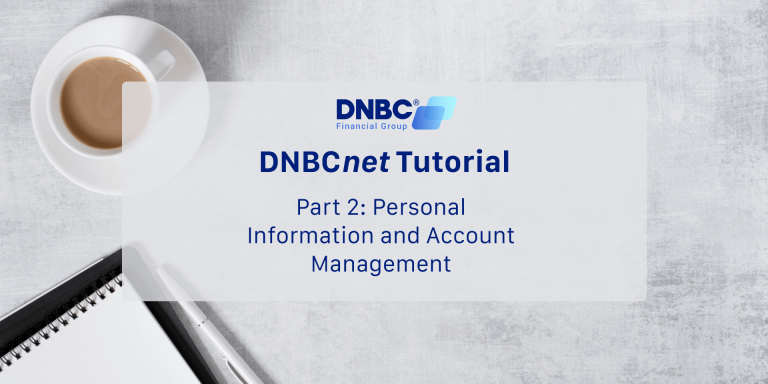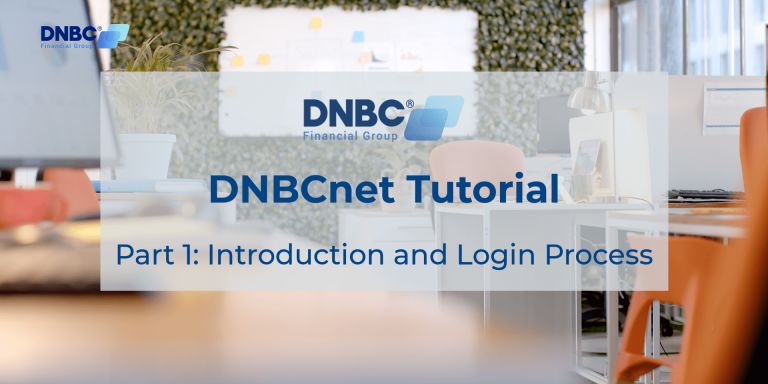When conducting business with foreign banks and financial institutions, a SWIFT or BIC code are all critical. In monetary transactions, these numbers stand in for the identity of the receiving bank, and they are also known by a variety of other names: SWIFT/BICs, BIC/SWIFT codes, SWIFT code BIC, SWIFT identifiers, and SWIFT IDs.
So, does a SWIFT code appear to be just the same as a BIC code? In a nutshell, they do! They are one and are often used synonymously, but banks and other financial institutions just use a variety of names for them. As a result, although the name is different, both terms are essentially the same in everyday use.
Is a SWIFT code the same as a BIC code?
SWIFT code vs BIC code
Although SWIFT numbers and BIC codes can be complicated to understand, mastering them is essential in order to conduct international money transfers. In light of this, this article will present you with all of basic facts of these terms (so you don’t have to look elsewhere).
What is a SWIFT code?
The abbreviations SWIFT refer to the “Society for Worldwide Interbank Financial Telecommunication” and the “Bank Identifier Code” is shortened for BIC.
In a nutshell, the term “SWIFT” describes the complete messaging system, whereas “BIC” is the code for it. When referring to the system or the code, any term can be used.
Accordingly, whether you ask for a SWIFT or a BIC, you’ll get the identical sequence of digits (between 8 and 11).
What do SWIFT and BIC codes look like?
You’ll need to remember these 8-11 character codes that specify your bank’s name, country, location, and branch.
With the standard SWIFT/BIC format is “AAAA-BB-CC-XXX” , listed below is an in-depth explanation of each part:
- A 4-letter abbreviation for your bank’s full name: AAAA.
- The 2-letter code for the country in which the bank is headquartered: BB.
- A two-character area code for a specific place: CC. (It is a combination of letters and numerals that designate the location of the bank’s headquarters).
- Lastly, a bank’s XXX code is a three-digit number that identifies a particular branch, usually the bank’s main office. (In some financial dealings, those final three numbers are not required).
In general, the number will change depending on the country, branches, and location of the business. Some examples of BIC and SWIFT codes from well-known global financial institutions include: Bank of America, National Association is BOFA-US-3N-XXX; MIDL-GB-22-XXX for HSBC BANK PLC, or the U.S. Bank is CITI-US-33-XXX
How do I find my SWIFT/BIC code?
More often, in order to receive payments from abroad, you will need to provide your BIC number. In search of your SWIFT/BIC bank number? Regardless of the financial institution you use, below are a few different ways to identify the code:
- Do a check of your bank records: A SWIFT or BIC code can be located in a snap by reviewing either your current or past bank statements. You can quickly and conveniently view your bank statement online if you use internet banking.
- Get in touch with the bank: Get in touch with your bank’s customer support by phone, live chat, or email if you’re unable to locate the code using the techniques described above.
- Look around the bank’s main webpage: Check out the FAQs, International wire transfers page and other BIC mentioned links. Look for a search bar on your
- Utilize BIC/SWIFT finder: If you need to know the beneficiary’s BIC number in order to send them money, you can also use a finder tool. However, it’s worth noting that verifying with the receiver that the BIC supplied is accurate is always critical. Incorrect codes may cause your payment to be held up, returned, or even lose to the hand of the other person.
Is there a fee for using BIC or SWIFT numbers?
Since information on handling fees is typically buried in detailed terms, it might be difficult to determine how much you will be charged in totality when conducting a bank transfer.
For the most part, financial institutions charge a fee to handle foreign currency transactions for an average fee of $45. Thus, you should always check with the bank to find the exact number. Additionally, since up to three different banks may be involved in a bank transfer using a BIC/SWIFT number, the associated costs may pile up.
What is the difference between BIC/SWIFT code and IBAN?
When conducting international transactions, a SWIFT BIC code identifies a particular bank, while an IBAN (International Bank Account Number) identifies both the individual account and the country in which the firm is located. an IBAN is a unique identification for a bank account used by European banks to guarantee that wire transfers get to their intended recipients.
You might think of it as the international version of a US bank account and routing number.
With that said, the functions of these two are also different. A person’s bank account can be tracked down with the help of an IBAN. If you need to send money internationally to a certain bank, SWIFT/BIC codes might assist you do that.
Grow your business with DNBC
DNBC is a prominent global payment network that enables business throughout the Eurozone and even the global to streamline and accelerate financial transactions.
DNBC features include fraud monitoring, one-click payments and many more! In addition to allowing clients to pay in their currency of choice for items and services and convenient with mobile-friendly designs, with Two-Factor Authentication Technology, all your DNBC transactions and payments will be safe and sound.
Ready to integrate our seamless payment platform with your business? Create a business payment account with DNBC today.
DNBC Financial Group is your trusted provider in international money transfer
- Get 100% free 1-on-1 support
- 100% free account opening
- Seamless onboarding process
Or please contact DNBC
Email: [email protected]
Phone Number:
- +65 6572 8885 (Office)
- +1 604 227 7007 (Hotline Canada)
- +65 8442 3474 (WhatsApp)



 DNBC Team
DNBC Team







